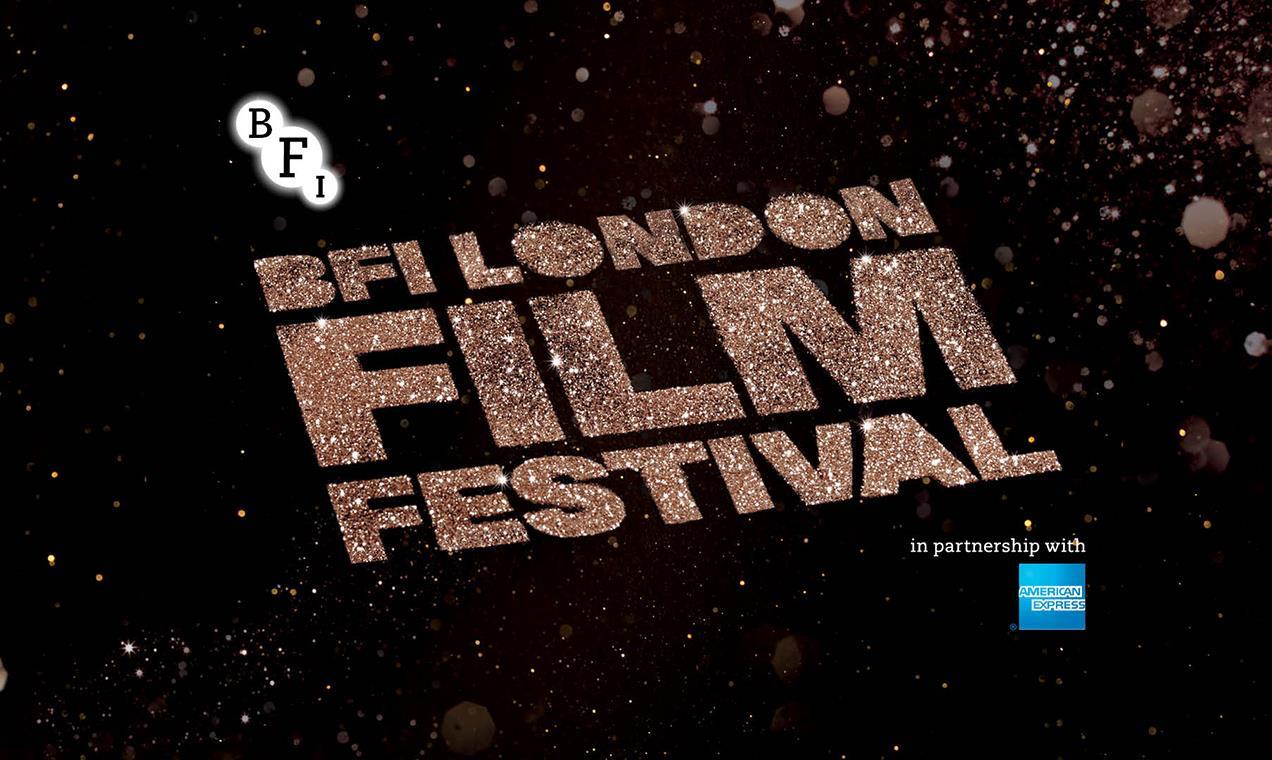











It was the British Film Institute’s London Film Festival in October and I was delighted to see many great and inspiring new flicks. So, thirteen films, in as many days? Let’s get going…
Wednesday 7th Oct – ‘Suffragette’

I was privileged to attend the Opening Gala of the Festival, so I dressed up in my best togs to walk the red carpet. ‘Suffragette’, rather surprisingly, decides not to veer down the Emmeline Pankhurst route. Thus, anyone expecting Meryl Streep to dominate proceedings in the Pankhurst role is going to be in for a shock – she’s limited to a speech on a balcony before being hustled away in a cab. Whilst I understand the choice to create a heroine from an amalgamation of unnamed working class women, and whilst Carey Mulligan is superb, nonetheless I felt that the film was robbed of the drama of Miss Pankhurst’s own story. Her indignant crusade and the conflicts within her own family (e.g. ostracising daughters who disagreed with her militancy) is surely ripe for exploration and Streep’s reduction to a cameo feels like a missed opportunity.
Whilst the sufferings of Maud (Mulligan) was undoubtedly echoed by hundreds of women of the time, it is hard to care much about her when we know her character did not really exist, particularly when much of her story is left unresolved by the film’s end. Speaking of which, the climax at the Derby, which delivers the movement its longed-for martyr, is necessarily downbeat, and the scrolling dates (of when women secured the vote in different countries) do little to lift the audience’s mood. There are great performances here, particularly by Brendan Gleeson as Inspector Steed, suffering a crisis of faith over the police tactics employed against the women, but the material simply should have been more moving. I remember as a boy how ‘Cry Freedom’ alerted me to the injustices of apartheid in South Africa and to a government system, which was fundamentally ‘wrong’ – I ought to have felt the same outrage here but something was lacking.

